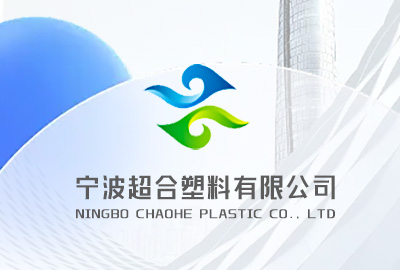Explore the Versatility of Plastic Raw Materials: PVP vs. PP
Introduction:
Plastic is an incredibly versatile material, used in a wide range of industries for various applications. Two commonly used plastic raw materials are Polyvinylpyrrolidone (PVP) and Polypropylene (PP). In this article, we will dive into the characteristics, benefits, and suitable applications of these two plastics, shedding light on which one might be the better choice for your specific needs.
Polyvinylpyrrolidone (PVP):
Polyvinylpyrrolidone, commonly known as PVP, is a synthetic polymer that offers exceptional solubility in water and organic solvents. PVP is renowned for its adhesive, film-forming, and thickening properties, making it a preferred choice for various applications. Its transparency, stability, and compatibility with other substances contribute to its widespread usage in numerous industries.
Benefits of PVP:
1. Excellent Adhesive Properties: PVP demonstrates strong adhesive qualities, making it a popular choice in industries such as paper packaging, bookbinding, and pharmaceutical manufacturing.
2. Enhances Formulation Stability: PVP acts as a stabilizer and binder in the pharmaceutical and cosmetic industries, preventing separation and improving the overall quality of formulations.
3. Effective Film-Former: With its film-forming capabilities, PVP is widely utilized in the food industry for edible coatings on confectionery products, ensuring freshness and extending shelf life.
Polypropylene (PP):
Polypropylene, or PP, is a thermoplastic polymer that offers excellent strength, durability, and chemical resistance. It is a versatile plastic with various attributes that make it suitable for a wide array of applications across different industries.
Benefits of PP:
1. High Strength and Durability: PP's exceptional strength allows it to withstand rigorous conditions, making it suitable for products that need to endure impact, stress, or load, such as automotive parts, containers, and packaging materials.
2. Chemical Resistance: PP exhibits excellent resistance to chemicals, including acids, bases, and solvents. This property makes it a preferred choice in the chemical and pharmaceutical industries for manufacturing containers, tanks, and pipes.
3. Cost-Effective Solution: PP is a cost-effective choice compared to other plastics, making it a preferred material for several commercial and consumer product applications.
Choosing the Right Material:
The choice between PVP and PP ultimately depends on the specific requirements of your application. Consider the following factors:
1. Application Requirements: Assess the properties required, such as adhesive strength, chemical resistance, transparency, or impact resistance.
2. Industry Standards: Research industry-specific guidelines and regulations to ensure compliance with necessary standards.
3. Cost Considerations: Evaluate the budget and determine if the cost-effectiveness of PP outweighs the benefits of PVP for your specific use case.
Conclusion:
Both PVP and PP are valuable plastic raw materials with distinct characteristics and advantages. Understanding their unique properties and applications is crucial in determining the most suitable material for your needs. Whether you require adhesive properties, film-forming capabilities, or strength and durability, careful consideration will ensure you make an informed decision that aligns with your requirements. Reach out to a trusted plastic supplier who can provide expert guidance and high-quality materials for your manufacturing needs.
PP PE PVC Directly supplied by the manufacturer
Mr. Lu (0574-88303209)
Company Address: 16/F, Leimengde Building, No. 10, Lane 818, Qianhe South Road, Yinzhou District, Ningbo City, Zhejiang Province
